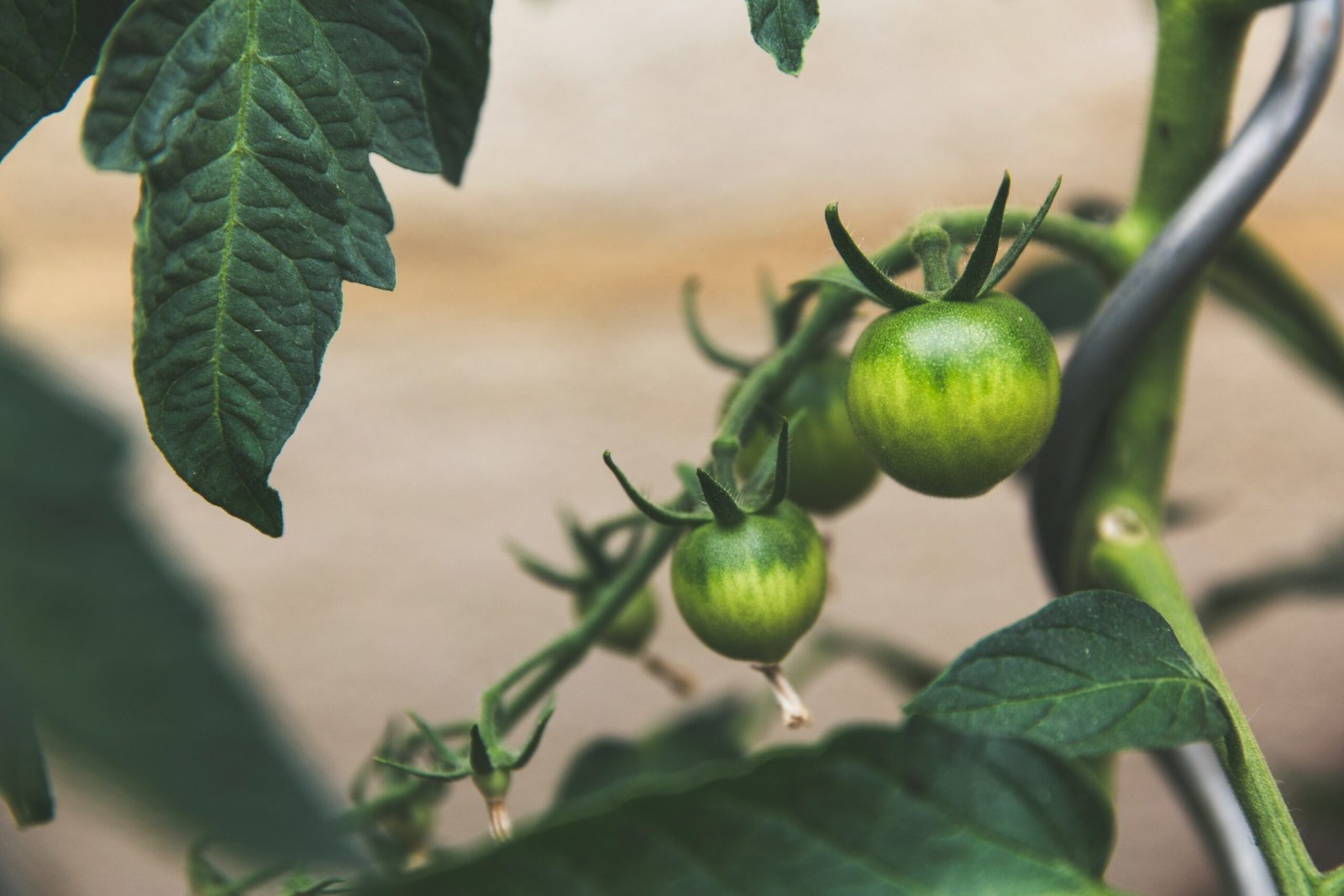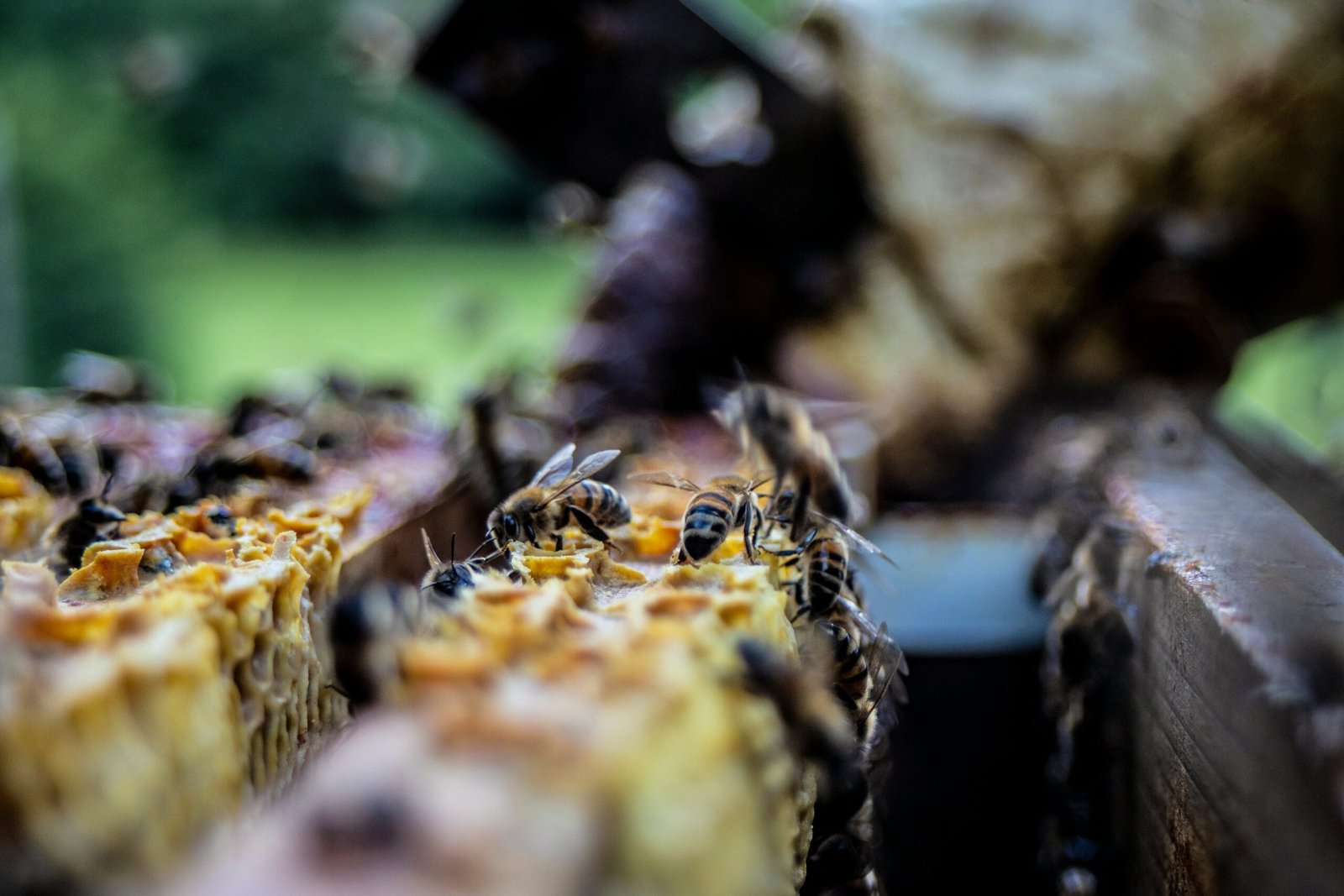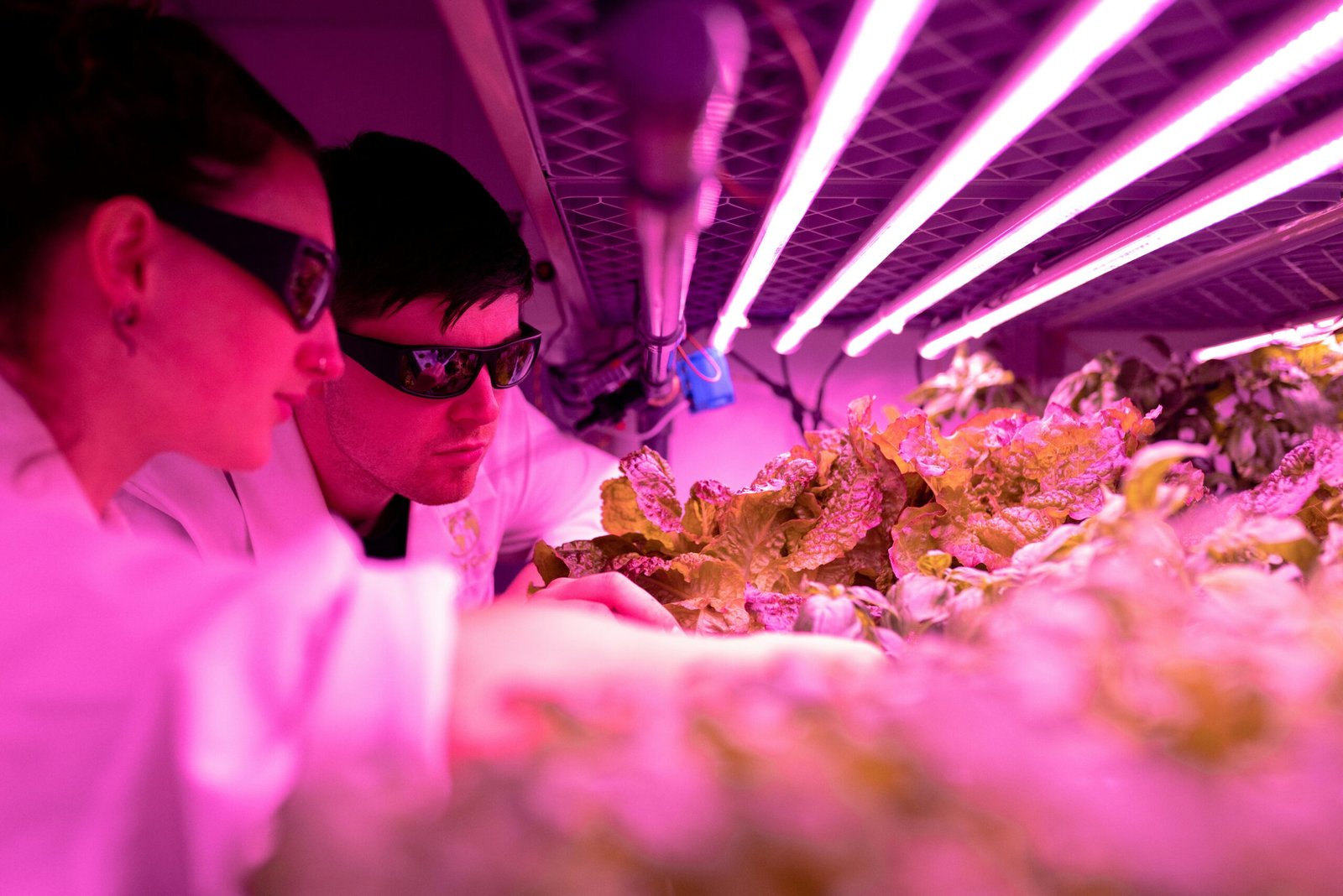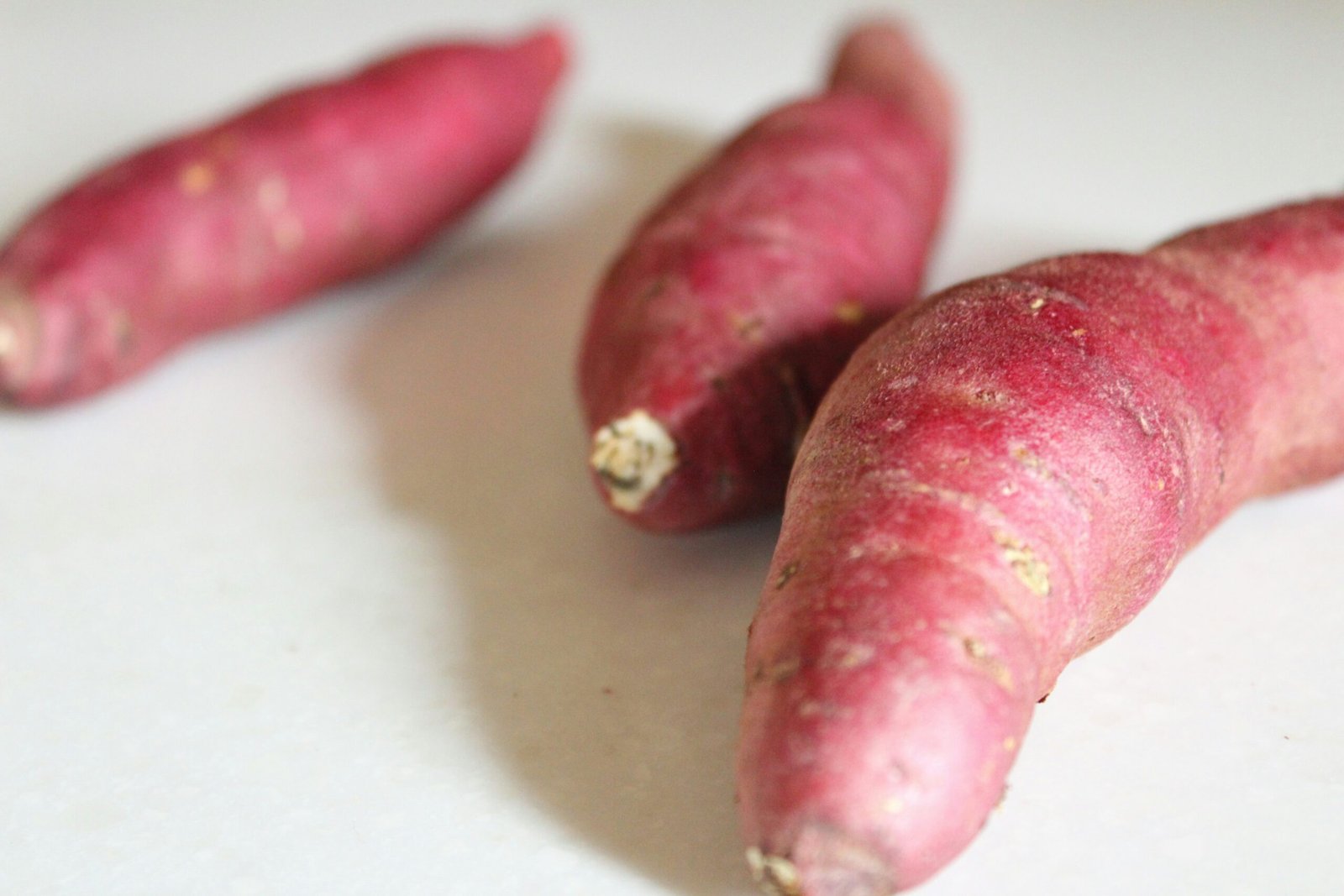Significance of Genetic Diversity in Crop Species
The identification and dissection of the genetic foundations underlying natural variations in crop species are crucial for understanding their phenotypic diversity. This knowledge not only enriches our understanding of plant biology but also aids in the application of selective breeding strategies. By examining specific genetic traits, researchers can enhance desirable attributes such as yield, disease resistance, and adaptability.
Discovery of Natural Polymorphisms in Tomato Plants
Recent research has highlighted a natural polymorphism in the promoter region of the g protein α subunit 1 (GPA1) gene, which significantly influences the width of tomato leaves. When compared to the wild type, tomatoes with a functional disruption of the GPA1 gene showed a marked decrease in both fruit mass and leaf size.This genetic variation may have evolved as a consequence of domestication processes that aimed at increasing fruit size. The implications of such findings are profound, as they provide insights into how certain traits are selected during the cultivation of tomatoes.
https://www.sciencedirect.com/science/article/abs/pii/S0168945224003637
Impacts on Leaf Size and Caveats for Breeding Practices
Functional disruption of the GPA1 gene has demonstrated a noticeable reduction in both leaf size and fruit mass in cultivated tomatoes compared to their wild counterparts. This aligns with the idea that specific gpa1 haplotypes show distinct correlations with geographic distribution, suggesting adaptive advantages concerning leaf morphology. Therefore, understanding these genetic differences offers a valuable genetic resource for the selective breeding of cultivated tomato varieties, ultimately improving agricultural productivity and sustainability.





